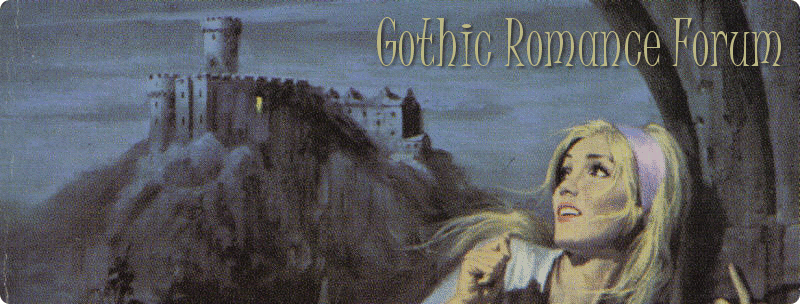10-06-2008, 07:04 PM
I've had this book sitting on my shelf for over a year and finally got around to reading it. What an absolute treat this book is! I know it has been mentioned in other threads and posts but I haven't located an official review. I'm not the best book reviewer out there but I thought I'd give it a go, and anyone else who has read it please feel free to join in!
To say this is a book "about" books and the processes of reading, writing, and storytelling, is not enough. First time author Diane Setterfield creates absolute magic with her ruminations on all of the above while weaving them intricately into the plot. Like Wuthering Heights, the Thirteenth Tale has several narrators on several levels. Different plot lines are revealed slowly and deliberately in arguably the most exquisite Gothic prose we have had in the English language in close to forty (if not more) years. While it bears structural similarities to Wuthering Heights, the prose most often reminds me of Rebecca. The author numerous times alludes to Jane Eyre (and a few other gothic and romance classics) as well as The Turn of the Screw. Not only are the titles invoked but so are themes and imagery from both these novels.
Literary references aside, what we have here is a beautiful told story of abandonment, isolation and loneliness, and the nature of personal identity. Our primary heroine is Margaret Lea who narrates in first person as she goes to visit Vida Winter, England's most famous mystery novelist. Under the pretext of relating her life for Margaret's eventual biography of the novelist, Miss Winter begins telling a series of tales from her childhood growing up in a dilapidated Gothic mansion called Angelfield with a cast of beguiling yet highly dysfunctional characters. Along the way we meet several sets of twins, several disturbed children, and easily the most intelligent goveness in all of literature in the person of Hester Barrow. The final quarter of the novel begins with excerpts from Hester's long missing diary, and from there on out I was hooked. Mystery novels usually reveal their secrets quickly during the last few pages and everything falls neatly together. The revelations in The Thirteenth Tale continue to unfold over easily 30-50 pages. Even as quickly as I read this book I was aware that the clues had been planted every step of the way. Not only was I amazed at the author's cleverness in the deception, but in the BEST gothic and ghost story storytelling tradition, I was overwhelmed with sadness and heartbreak when finally learning the true nature of events.
Hardcore romance enthusiasts may not take to this novel, but I think every member among our numbers who appreciates the best of Gothic prose written with ornate and exquisite care will be enthralled with The Thirteenth Tale and immediately place it on a list of all time favorite books.
To say this is a book "about" books and the processes of reading, writing, and storytelling, is not enough. First time author Diane Setterfield creates absolute magic with her ruminations on all of the above while weaving them intricately into the plot. Like Wuthering Heights, the Thirteenth Tale has several narrators on several levels. Different plot lines are revealed slowly and deliberately in arguably the most exquisite Gothic prose we have had in the English language in close to forty (if not more) years. While it bears structural similarities to Wuthering Heights, the prose most often reminds me of Rebecca. The author numerous times alludes to Jane Eyre (and a few other gothic and romance classics) as well as The Turn of the Screw. Not only are the titles invoked but so are themes and imagery from both these novels.
Literary references aside, what we have here is a beautiful told story of abandonment, isolation and loneliness, and the nature of personal identity. Our primary heroine is Margaret Lea who narrates in first person as she goes to visit Vida Winter, England's most famous mystery novelist. Under the pretext of relating her life for Margaret's eventual biography of the novelist, Miss Winter begins telling a series of tales from her childhood growing up in a dilapidated Gothic mansion called Angelfield with a cast of beguiling yet highly dysfunctional characters. Along the way we meet several sets of twins, several disturbed children, and easily the most intelligent goveness in all of literature in the person of Hester Barrow. The final quarter of the novel begins with excerpts from Hester's long missing diary, and from there on out I was hooked. Mystery novels usually reveal their secrets quickly during the last few pages and everything falls neatly together. The revelations in The Thirteenth Tale continue to unfold over easily 30-50 pages. Even as quickly as I read this book I was aware that the clues had been planted every step of the way. Not only was I amazed at the author's cleverness in the deception, but in the BEST gothic and ghost story storytelling tradition, I was overwhelmed with sadness and heartbreak when finally learning the true nature of events.
Hardcore romance enthusiasts may not take to this novel, but I think every member among our numbers who appreciates the best of Gothic prose written with ornate and exquisite care will be enthralled with The Thirteenth Tale and immediately place it on a list of all time favorite books.



